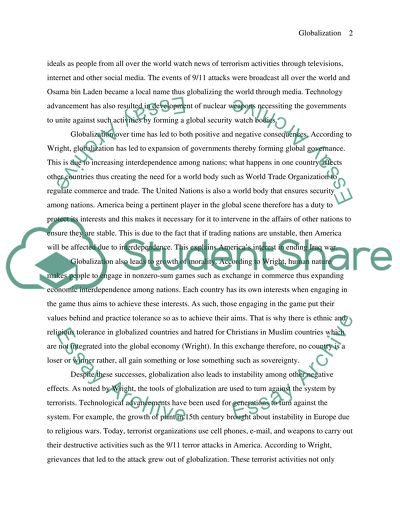Cite this document
(“Assignment Example | Topics and Well Written Essays - 1250 words”, n.d.)
Assignment Example | Topics and Well Written Essays - 1250 words. Retrieved from https://studentshare.org/other/1401802-assignment
Assignment Example | Topics and Well Written Essays - 1250 words. Retrieved from https://studentshare.org/other/1401802-assignment
(Assignment Example | Topics and Well Written Essays - 1250 Words)
Assignment Example | Topics and Well Written Essays - 1250 Words. https://studentshare.org/other/1401802-assignment.
Assignment Example | Topics and Well Written Essays - 1250 Words. https://studentshare.org/other/1401802-assignment.
“Assignment Example | Topics and Well Written Essays - 1250 Words”, n.d. https://studentshare.org/other/1401802-assignment.


